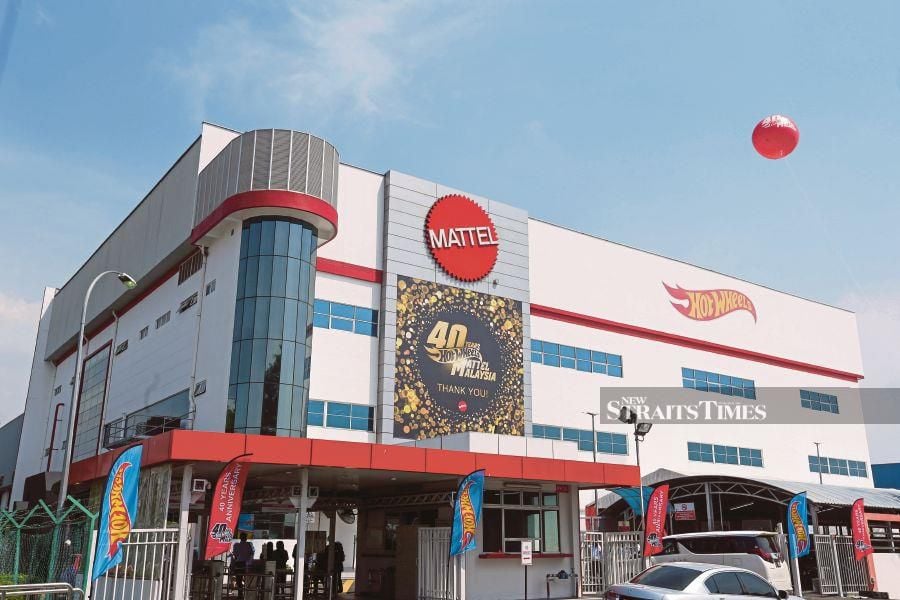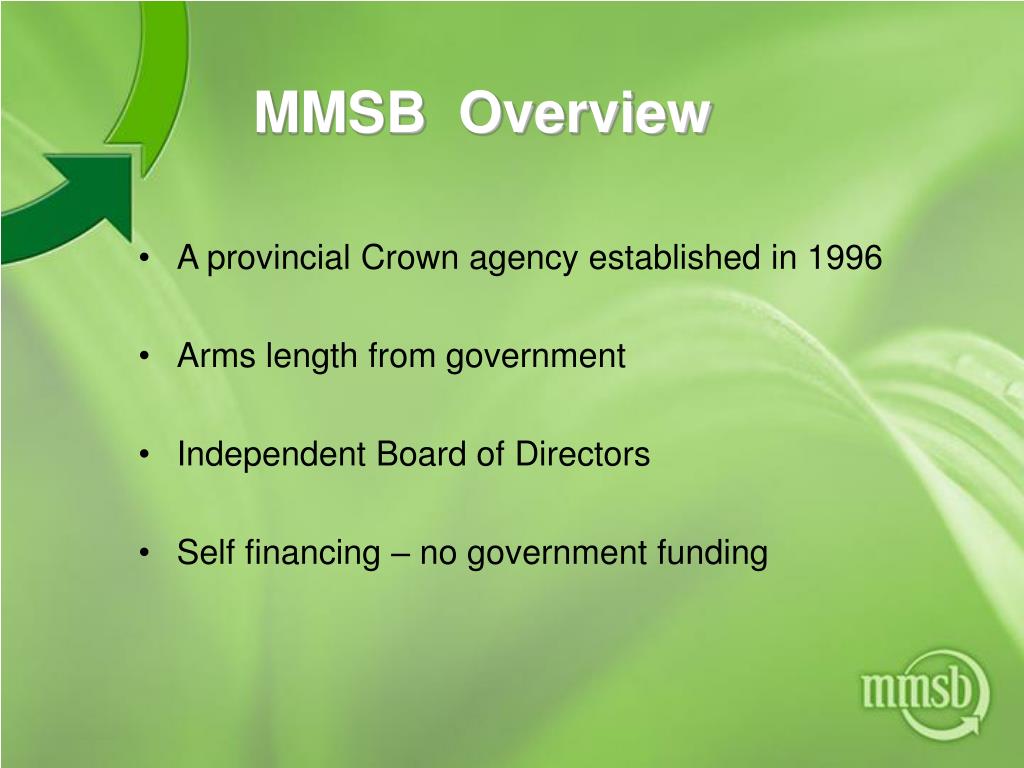Unveiling Insights: Wayne Wymore, MMSE, & More!
Is it possible to quantify the complexities of the human mind and its capacity for thought and memory? The Mini Mental State Examination (MMSE) offers a concise yet powerful tool to explore and evaluate the cognitive landscape, providing insights into the workings of the brain and the impact of potential impairments.
The MMSE, a widely recognized and utilized instrument, allows for a rapid assessment of cognitive function in adults. It serves as a crucial tool in various clinical settings, enabling healthcare professionals to screen for cognitive deficits, gauge the severity of existing impairments, track changes over time, and document an individual's cognitive status. This quick assessment provides a structured framework to explore several essential cognitive domains, painting a snapshot of an individual's mental state.
However, before delving further into the MMSE, it's essential to address the core tenets of modeling. As articulated by the famous statistician George Box, "All models are wrong, but some are useful." This poignant statement underscores a fundamental truth: any model, regardless of its sophistication, is a simplification of reality. It cannot capture the complete complexity of a system. Yet, models are indispensable. They offer a framework for understanding, predicting, and ultimately, improving processes and outcomes. Effective models are not necessarily those that perfectly mirror reality but those that provide valuable insights and guide decision-making. This is achieved by testing and validating system characteristics early in the modeling process; this facilitates timely learning of properties and behaviors, essential elements for a useful model.
Now, let's shift our focus to the individual and the concept of shared identities. The name "Wayne Wymore" appears in this context. While no further information is readily available, the concept of shared names raises intriguing questions about identity, connections, and the nature of personal history. In a world of billions, coincidences abound. This instance of a shared name provides a moment to consider the vastness of human experience and the myriad connections that can exist between individuals, whether known or unknown to one another.
Furthermore, the importance of early assessment and timely intervention in matters of cognitive health is paramount. It's a theme that will keep coming back.
In the bustling halls of the U.S. Capitol, on April 9, 2025, a significant testimony took place. Deputy Commandant for Manpower and Reserve Affairs, Borgschulte, delivered opening remarks before the Senate Armed Services Committee, Subcommittee on Personnel.
During his testimony, Borgschulte articulated the Marine Corps unwavering commitment to several key principles. He underscored the importance of lethality, warfighting excellence, and talent retention. These principles, foundational to the Corps' mission, reflect a dedication to maintaining a superior fighting force, capable of responding to a wide array of challenges. Talent retention, in particular, highlights a focus on cultivating and preserving the skilled personnel that constitute the backbone of the Marine Corps. The address reflects the ongoing dedication of those serving in the Marine Corps.
Now, turning to the environmental impact of conscientious waste management. Since 1997, the province of Newfoundland and Labrador has achieved a remarkable feat: the recycling of 2.6 billion beverage containers. This demonstrates a commitment to environmental sustainability, showcasing the positive outcomes that can be realized through coordinated initiatives. The program encourages responsible waste disposal. The emphasis is placed on community responsibility in a way that protects the natural environment. The simple act of returning beverage containers to a designated "green depot" enables a process of recovery and reuse.
Mini Mental State Examination (MMSE)
The MMSE, as previously mentioned, is a vital tool for assessing cognitive status. The examination itself is comprised of several components, each targeting a specific area of cognitive function. Let's examine the components.
Orientation: This section assesses the individual's awareness of their surroundings, including year, month, day, date, and time. This is essential to ground individuals in their current context.
Registration: Involves the ability to remember three unrelated words, initially stated by the examiner. This tests immediate recall ability.
Attention and Calculation: This portion often uses serial subtractions (e.g., subtracting by seven from 100). Alternatively, the individual may be asked to spell a word backwards. This measures attention and ability to manipulate numbers.
Recall: The individual is asked to recall the three words from the registration section after a short delay. This assesses short-term memory.
Language: This includes tasks such as naming common objects, repeating a phrase, following a three-stage command, and writing a sentence. The ability to understand and communicate effectively is tested.
Copying: The individual is asked to copy a complex geometric figure. This tests visuospatial skills and the capacity for visual analysis.
The MMSE is a brief, quantitative assessment. Its scores help healthcare professionals screen for, monitor, and document cognitive function. The MMSE provides a standardized framework for measuring cognitive abilities. Its widespread use makes the MMSE a very helpful tool.
Table
| Category | Details |
|---|---|
| Subject | Wayne Wymore (Hypothetical Example - Further information needed to populate) |
| Potential Areas to Include (Based on availability) |
|
| Reference (Example - Replace with actual source if available) | Wikipedia (Example - Link to reputable source if details are available) |
Table
| Category | Details |
|---|---|
| Name | Borgschulte (Full Name needed) |
| Title | Deputy Commandant for Manpower and Reserve Affairs, U.S. Marine Corps |
| Date of Testimony | April 9, 2025 |
| Location of Testimony | U.S. Capitol, Washington, D.C. |
| Committee | Senate Armed Services Committee, Subcommittee on Personnel |
| Key Themes of Testimony |
|
| Focus | Commitment to the core principles of the Marine Corps |
Table
| Category | Details |
|---|---|
| Initiative | Beverage Container Recycling Program |
| Location | Newfoundland and Labrador |
| Start Year | 1997 |
| Amount Recycled (Since 1997) | 2.6 billion beverage containers |
| Method | Return to "green depots" for refund |
| Purpose | Environmental sustainability, waste reduction, economic incentives |
The content regarding "We did not find results for:" and the prompt to "Check spelling or type a new query" is a recurring issue in digital information retrieval. This message indicates the limitations of search engines, databases, and information systems. It suggests that the user's query has not yielded a matching result within the current database or index. This can occur for multiple reasons, including: misspelling of the search terms, the absence of relevant data in the source being searched, or the search terms being too specific, resulting in no matches. When this message appears, it often signals the need to refine the search strategy. This could involve rephrasing the query, checking the spelling, broadening the search parameters, or accessing alternative information sources. It is a reminder that not all data are immediately accessible. It emphasizes the importance of adaptable search strategies, and the evolving nature of data availability.

Mmsb Logo Rgb Mmsb Logo Clipart ( 1424632) PinClipart

MMSB to produce half a billion Hot Wheels car annually KLSE Screener

PPT MMSB Mandate Role Activities PowerPoint Presentation, free download ID 5191770